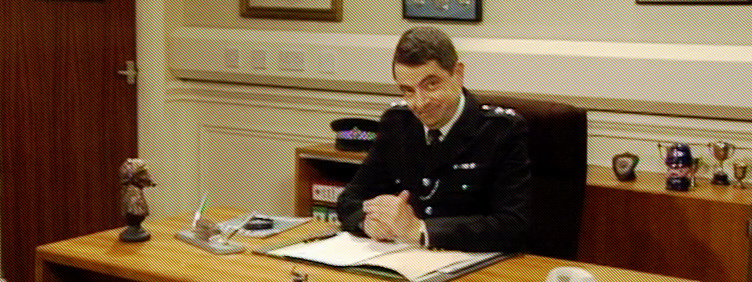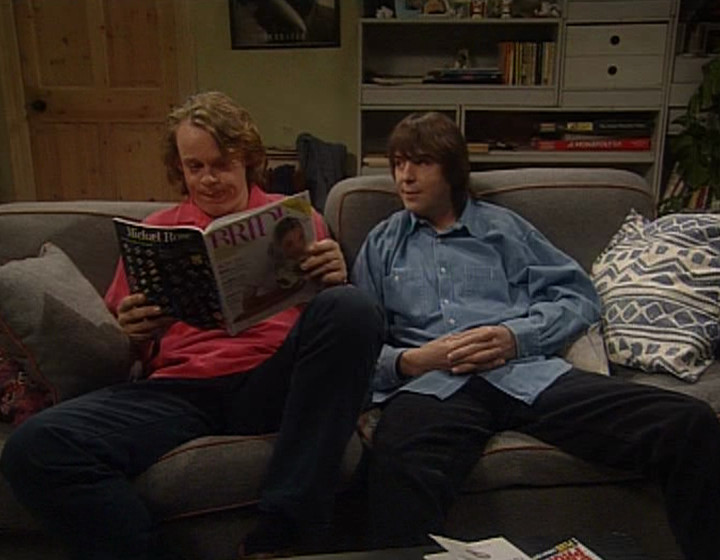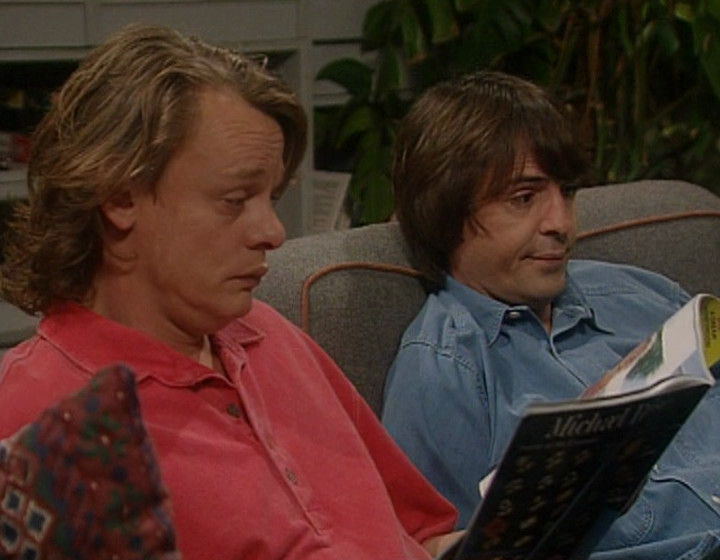“The finished movie we see on the screen is often far different from the director’s original conception. The Cutting Room Floor is the intriguing study of the wounds, bruises, Band-Aids, and sometimes miracle remedies that can often improve a film… or destroy it.”
— Back page blurb for The Cutting Room Floor
“Trust me!”
— Rudy Russo, Used Cars
Determining cause and effect when it comes to teenage reading is a tricky thing. Did Laurent Bouzereau’s The Cutting Room Floor (Citadel Press, 1994) inspire my interest in deleted and alternate scenes in film and television? Or was I obsessed with them before picking up the book, which is why I grabbed it from the shelf in the first place?
I think there is a healthy dose of the former in this case, which makes it a very special book for me. Regardless, it’s a wonderful piece of work, and one which I find myself returning to again and again every few years. These days, with a combination of DVD extras and the right websites, much of this information is easier to access than it used to be. But back in 1994, especially for poor sods like me who hadn’t got a hope of getting a LaserDisc player, books like this were how you found out about this stuff.
There are so many tales of cut material which I first read about in that book, and stuck in my head immediately. The different edits of Basic Instinct for one; the attempted rescue of Exorcist II: The Heretic for another. But for sheer childish fun, you can’t beat the following tale about Used Cars, Robert Zemeckis and Bob Gale’s satirical black comedy.1
Bob Gale: “The only thing that got cut out of Used Cars never got to preview. It was something that the studio insisted that we change in the scene when the car salesmen do a commercial at a football game wearing Groucho Marx glasses. The propman on the film had found these glasses that instead of having a fake nose had a penis for it. We thought that was one of the funniest things we’d ever seen, and we thought to ourselves, you know, these car salesmen, that’s exactly the kind of things they would do. So we shot the scene with these glasses. When we sent the dailies to Columbia Pictures, I got this call from the head of production just ripping me apart for putting these pornographic images in the movie. How could we possibly do this? Had we lost our minds? This has gone beyond the grounds of taste. I got my head handed to me on a platter about this.
Columbia was outraged about this scene. I kept telling them to wait until they saw the scene cut together. I got on an airplane [the movie was shot in Phoenix] and screened the scene for Columbia. Frank Price [the head of the studio at the time], who by the way I have absolute admiration and respect for, turned around and said, ‘It’s the most disgusting thing I’ve ever seen. You have to redo this.’ And so we reshot the scene with normal Groucho glasses. However, if you have access to the videotape or the laserdisc and you single-frame through the sequence, you’ll see there is still one shot in that sequence where one of the guys is wearing a set of dick-nose glasses. In fact, an actual image of that was in one of the TV spots. It was one of the laughs that we had on the TV censors! It was only a few frames, but it was on national television.”
This tale stuck in my head, long before I ever watched Used Cars. And when did I finally get round to watching Used Cars? Erm, last month. Hey, it only took nearly two decades. There are other films listed in that book that I still haven’t got round to yet.
Although with character names like “Roy L. Fuchs”, it’s as much Carry On as anything else. ↩



